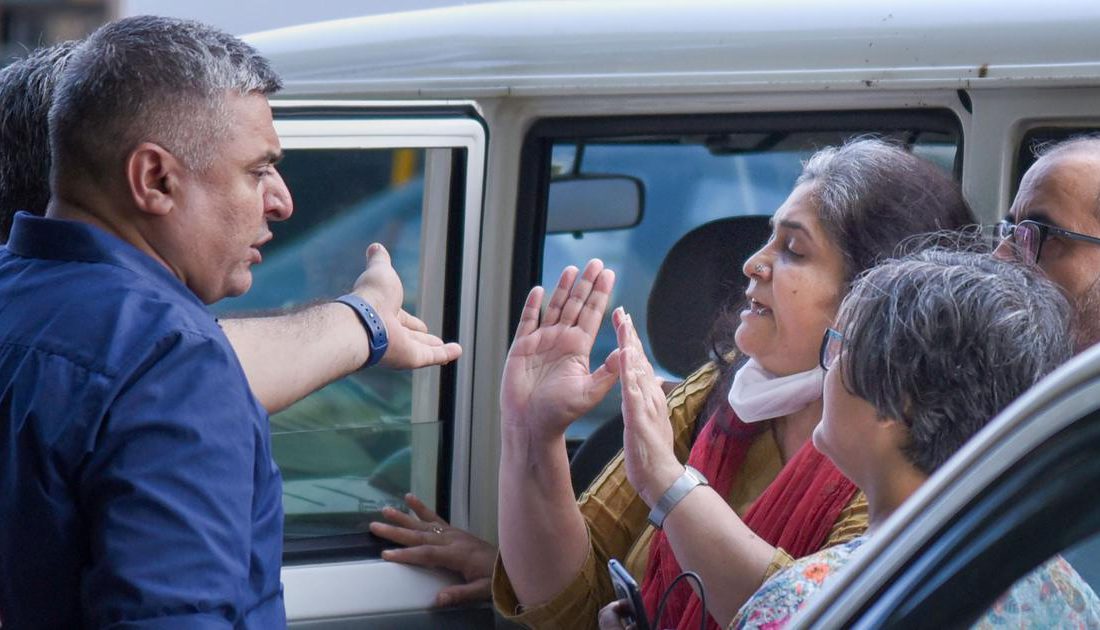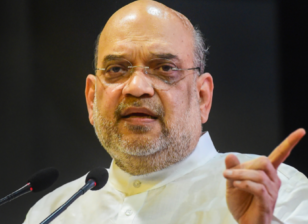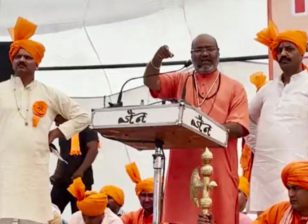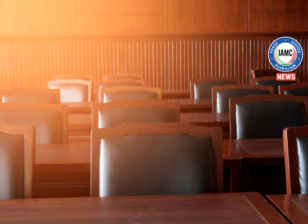Scroll: Courts penalising petitioners upturns a primary role of the judicial system
This will dissuade people from approaching the courts in cases where the state has been accused of committing injustice, observers warn.
By Umang Poddar
On Thursday, the Supreme Court imposed a fine of Rs 5 lakh on activist Himanshu Kumar and endorsed an investigation against him and other petitioners after they had filed a public interest litigation asking for an investigation into the killings of 17 Adivasis in Chhattisgarh in 2009.
Earlier, on June 24, the court had also made adverse remarks about one of the petitioner in a case challenging the clean chit given to state officials for the 2002 Gujarat riots. These comments immediately led to the arrest of Teesta Setalva, an activist who had played a leading role in fighting for the rights of the riots affected.
Both instances point to a troubling trend: judges are penalising people for approaching the courts for justice against the state. Legal commentators say that that judgments like these will dissuade people from approaching the courts in cases where the state has been accused of committing injustice, undermining one of the principal roles of the judicial system.
A mass killing
In 2009, Kumar, along with family members of those killed, had filed a public interest litigation asking for an inquiry by the Central Bureau of Investigation into the killing of 17 Adivasis in Chhattisgarh. The petitioners had also asked for compensation for the torture and looting that accompanied the killings. They claimed that police and paramiliary forces were behind the killings but the government had not conducted a proper investigation.
However, the state government and security forces claimed that Kumar’s case was fabricated. The killings had been carried out by Maoist militants, it said, not the security forces.
The court, in its judgment, disagreed with the petitioners and held that the police had conducted a proper investigation into the killings. Relying on charge sheets submitted by the investigation agencies, it held that that Maoist militants had committed the crime while there was not an “iota of material” that could cast aspersions on the security forces.
As a result, the court dismissed the case with a Rs 5 lakh fine for Kumar. It also allowed a prayer where the Union government had asked the court to allow an investigation agency to launch a probe to identify individuals who facilitated the filing of this petition.
Based on the police chargesheet, the court also noted that prima facie, it seemed that false information had been given by the petitioners to the police at the time of the killings in 2009.
However, it said that the court is not expressing “any final opinion on such actions/proceedings”.
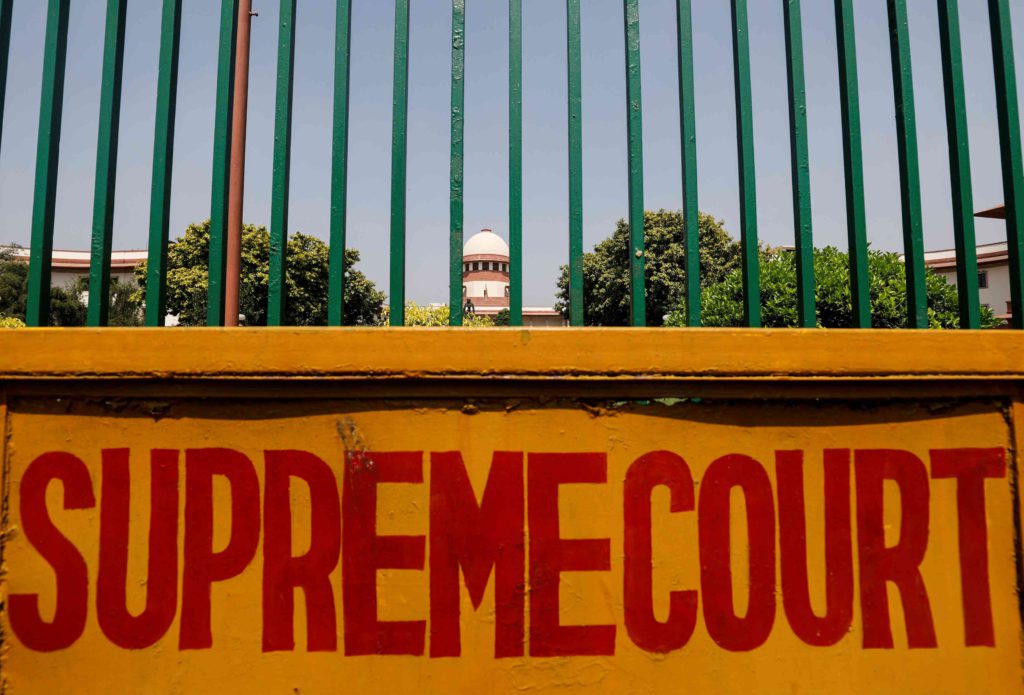
The Supreme Court of India recently in two orders have passed remarks against the petitioners for approaching the court.Credit: Anushree Fadnavis/Reuters
Unusual order
Several legal experts pointed out that such an order by the court was out of the ordinary.
The court could have simply dismissed the petition, former Allahabad High Court Chief Justice Govind Mathur said. “But to impose heavy costs and give directions for investigation without arriving at a conclusion that the petitioner maliciously and intentionally abused the process of law, is something very surprising and strange,” he said.
Lawyers asked how the court could penalise the petitioners. At best, the court could rule that security force did not carry out the killings, Delhi-based criminal lawyer Shahrukh Alam said. “But how do you arrive at the prima facie conclusion that the petition was motivated, solely by relying on affidavits filed by the state?” she asked, pointing to how the court took the government’s submissions about the investigation at face value.
Kumar, the lead petitioner in the case, considered the order to be unfair and said he would not pay the fine. “There has been no investigation,” he told Scroll.in. “Without it, they say I am fabricating evidence.”
Alam argued this case illustrated a general presumption of mala fide intent against those who challenge state authority, which was deeply concerning.
Supporting the state
Legal scholar Anuj Bhuwania added that while the court holds individual petitioners responsible, it does not do the same for state conduct. “The court ignores hundreds of cases where state agencies conspire to prosecute and interminably incarcerate the accused only for the cases to fall apart as a figment of lies resulting in acquittals,” he said.
He also said that if it is perjury that the court is concerned with, in the last few years “there have been multiple instances of the government lying before court openly, and the court has not done anything about it”. For instance, the solicitor general told the court in 2020 that no migrants were walking on the road during the Covid-19 lockdown, when numerous reports showed otherwise. “[But] the court did not do anything to hold the government liable for perjury or contempt,” he said.
Second time in two weeks that the SC has gone after a petitioner for daring to file a case against State impunity, and passed hints about how they should be prosecuted for it. Same judge.
Definitely a great exhibition of an independent judiciary at work. https://t.co/qwAvMyLMaG
— Gautam Bhatia (@gautambhatia88) July 14, 2022
Discouraging justice
In the June 24 Gujarat riots judgment, the court also questioned the motives of petitioners who had challenged the clean chit given to the then chief minister of Gujarat Narendra Modi and several others and said they must be put “in the dock”.
This judgment led directly to the arrest of activist Teesta Setalvad and former cop RB Sreekumar and was criticised by legal experts.
“Now it appears that the courts are very busy in giving a lesson to the persons who are coming to the court,” Mathur said. According to him, petitioners may not have the adequate means or facts to support their case. In such cases, the court must try to satisfy such deficiencies instead of penalising people.
India’s legal system allows activists to file public interest litigations in public cases. “This will have a chilling effect on them,” she said. “It is akin to the Emergency when Article 32 rights – which give people the right to access the courts for breach of fundamental rights – were suspended.”
Weakening the PIL system
The court’s order, in fact, goes against its own tradition of encouraging public interest litigations. Bhuwania pointed out that in PILs, the Supreme Court has long treated the petitioner as merely an informant, and has often been made irrelevant or even entirely removed from the pending case. “Rather, the court leads the litigation,” he said.
Thus, given the court’s history, he said it was unusual for the court to pretend that a PIL petitioner alone is responsible for the proceedings in a 13-year-old case.
Further, such an order also “attacks the credibility of many judges who previously heard the [Chhattisgarh] case”, Bhuwania said.
In fact, in 2010, the court had rebuked the government for claiming that Kumar was a Maoist sympathiser.
This article originally appeared in Scroll.in

